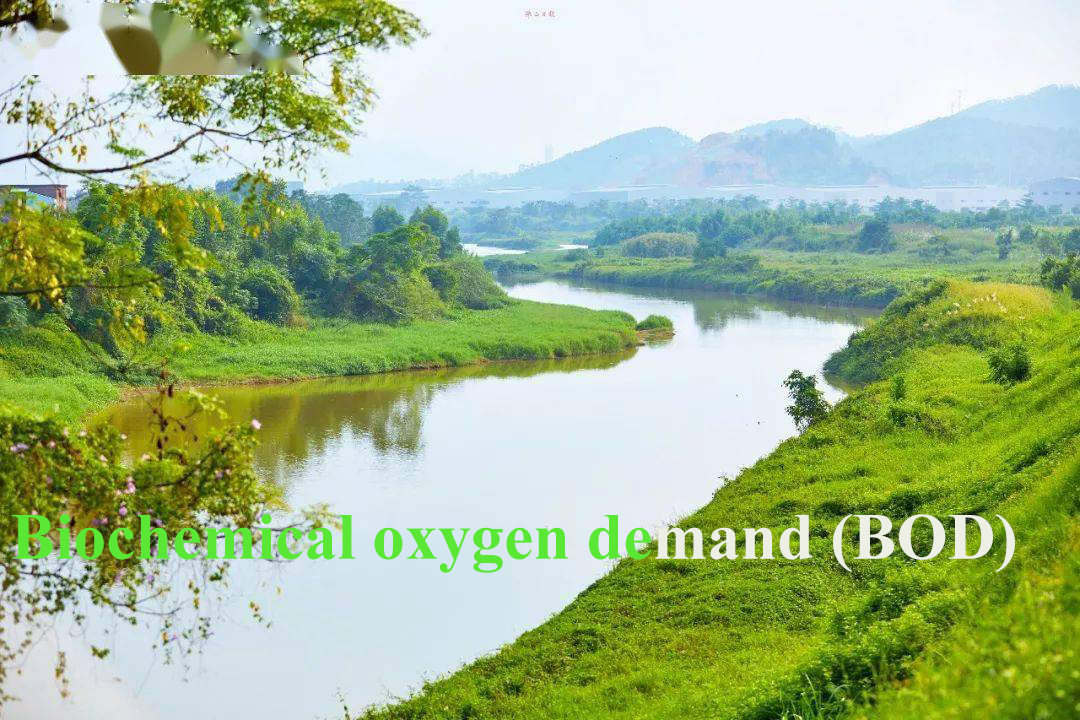The Connection and Difference Between Biochemical Oxygen Demand and Chemical Oxygen Demand
What is Biochemical Oxygen Demand (BOD)?
Biochemical Oxygen Demand (BOD) Also known as biochemical oxygen demand. It is a comprehensive index indicating the content of oxygen-demanding substances such as organic compounds in water. When the organic matter contained in the water is in contact with the air, it is decomposed by aerobic microorganisms, and the amount of oxygen required to make it inorganic or gasified is called biochemical oxygen demand, expressed in ppm or mg/L. The higher the value, the more organic pollutants in the water and the more severe the pollution. In fact, the time to completely decompose organic matter varies with its type and quantity, the type and quantity of microorganisms, and the nature of water. It often takes tens or hundreds of days to completely oxidize and decompose. Moreover, Sometimes due to the influence of heavy metals and toxic substances in the water, the activities of microorganisms are hindered and even killed. Therefore, it is difficult to measure BOD very accurately. In order to shorten the time, the five-day oxygen demand (BOD5) is generally used as the basic estimation standard for organic pollutants in water. BOD5 is approximately equal to 70% of the oxygen consumption for complete oxidative decomposition. Generally speaking, rivers with BOD5 below 4ppm can be said to be pollution-free.
How to test Biochemical oxygen demand?
An easy-to-operate BOD detection instrument is very important for Water Quality detection. Lianhua's BOD5 instrument adopts the mercury-free differential pressure (manometric) method, which can test water containing bacteria without adding chemical reagents, and the results can be printed automatically. Leading patented technology.
What is Chemical Oxygen Demand (COD)?
Chemical oxygen demand (COD) is the amount of oxygen required to oxidize organic pollutants and some reducing substances in water under certain conditions with an oxidizing agent (such as potassium dichromate or potassium permanganate), expressed in milligrams of oxygen consumed per liter of water sample number said. COD is an important indicator commonly used to evaluate Water Quality. Chemical oxygen demand has the characteristics of simple and rapid determination method. Potassium chromate, an oxidizing agent, can completely oxidize organic substances in water, and can also oxidize other reducing substances. The oxidant potassium permanganate can only oxidize about 60% of organic substances. Neither of the two methods can reflect the actual situation of the degradation of organic pollutants in water, because neither of them expresses the amount of organic matter that microorganisms can oxidize. Therefore, biochemical oxygen demand is often used in the study of water quality polluted by organic matter.
At present, COD detection is very common in the water treatment, and is required by factories, sewage plants, municipalities, rivers and other industries. Lianhua's COD detection technology can quickly obtain accurate results within 20 minutes and is widely used.




